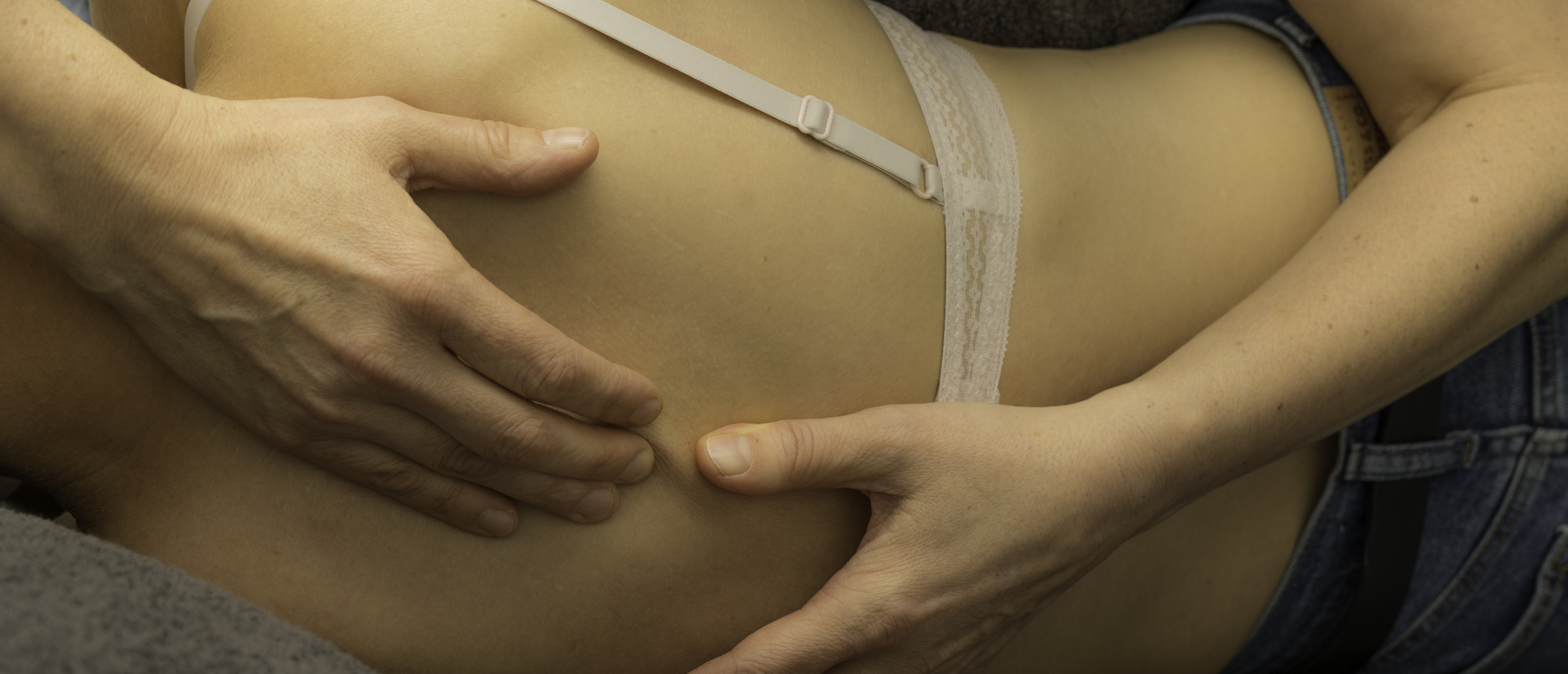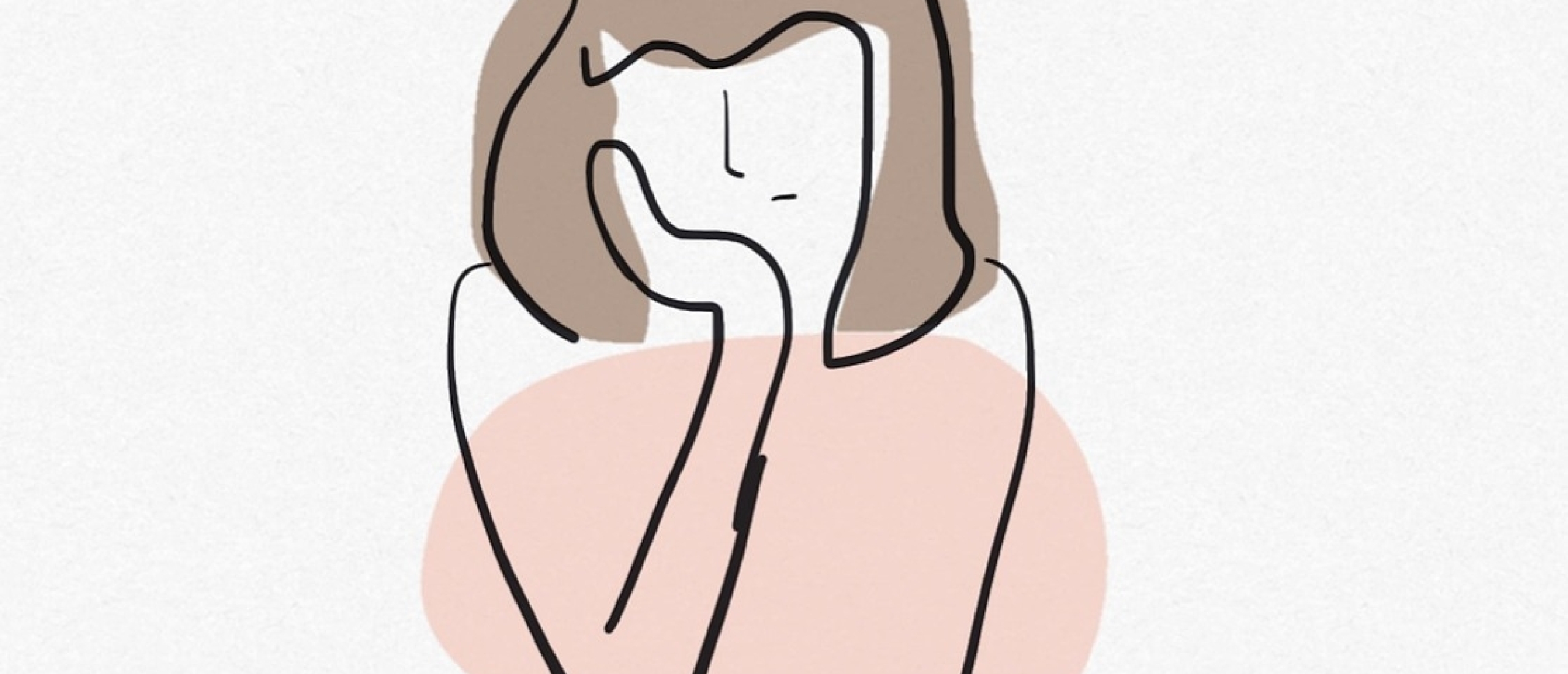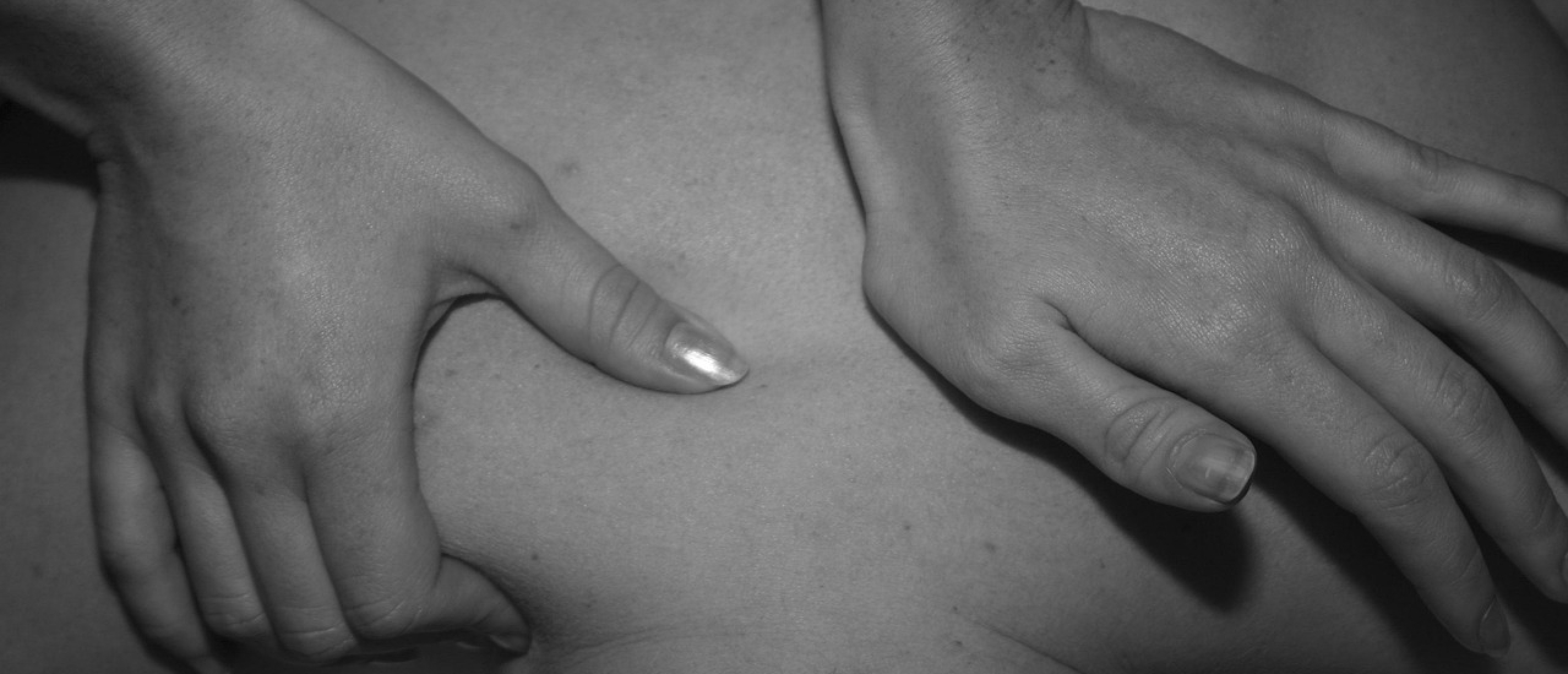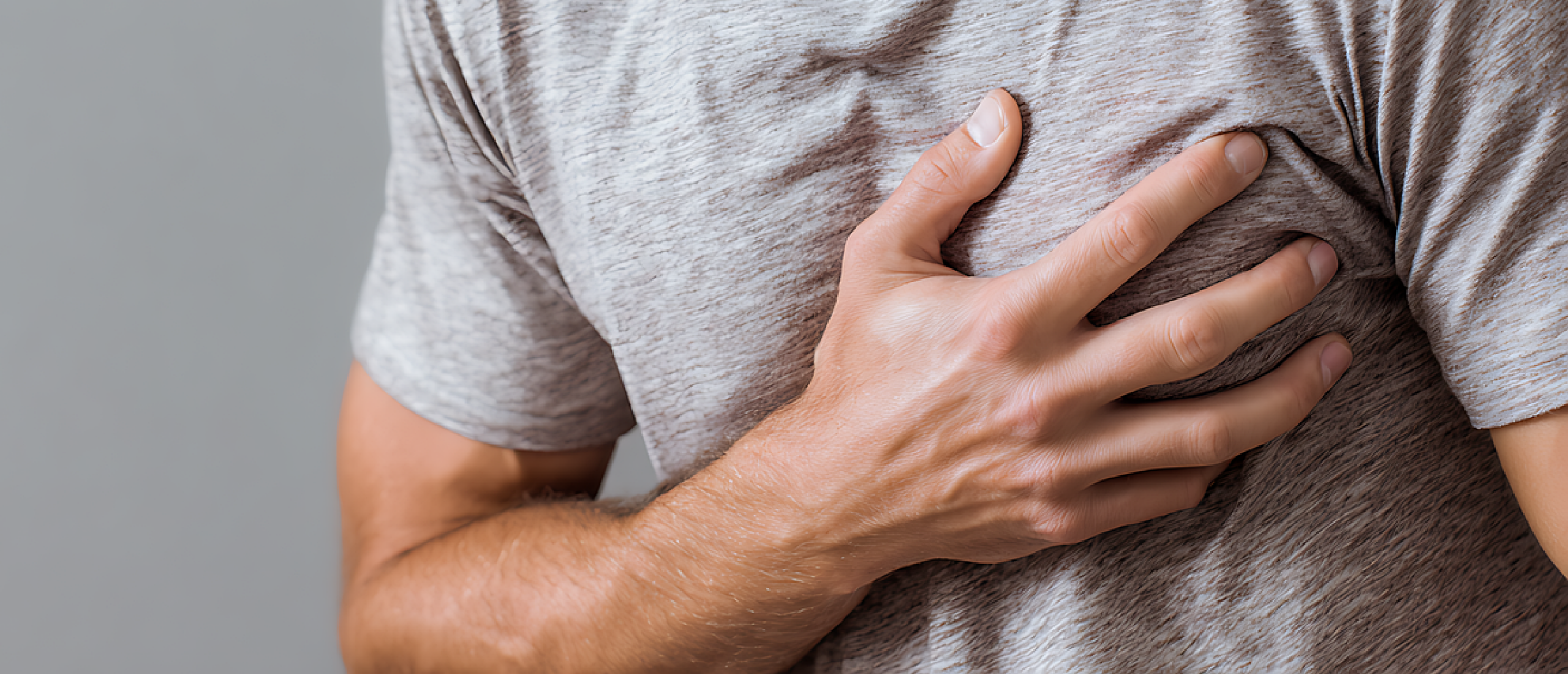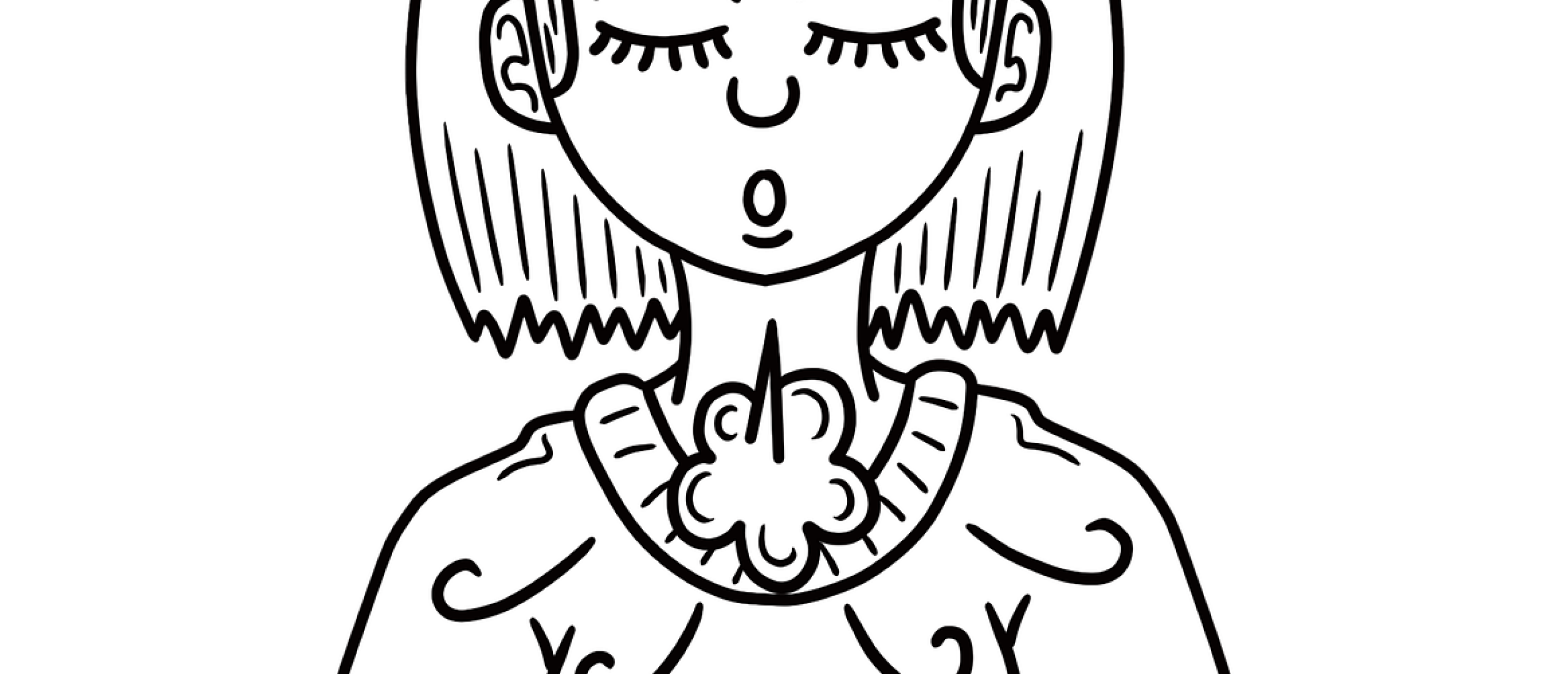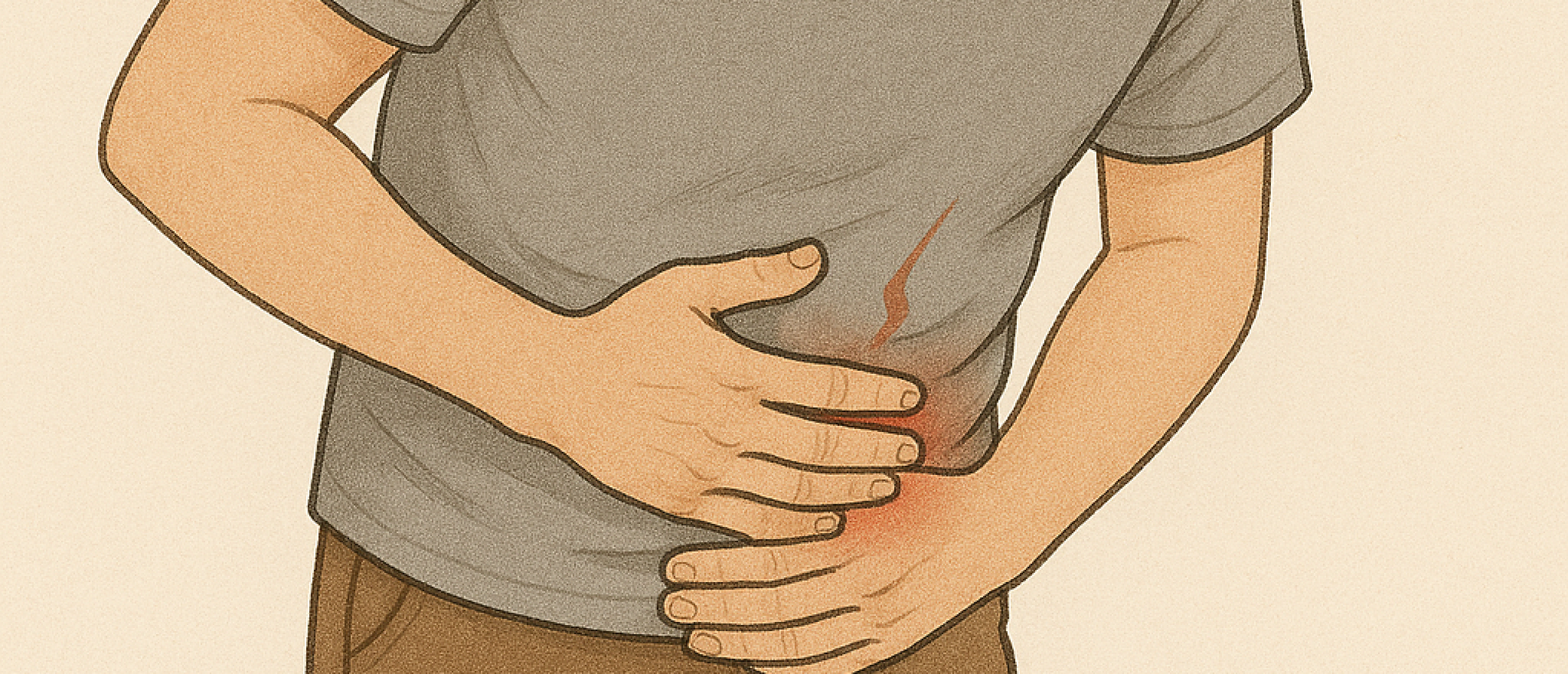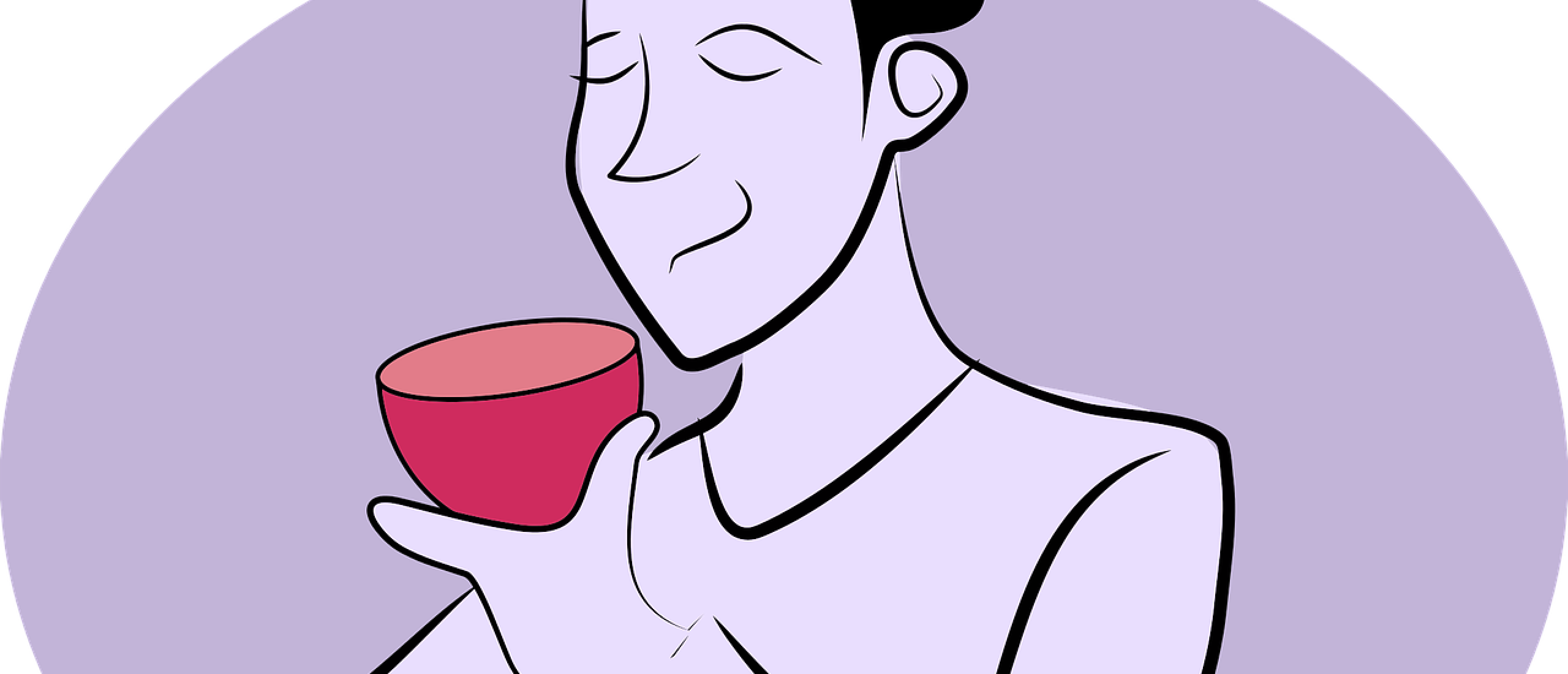
Misschien heb je het zelf al gemerkt: na een avondje met een paar glazen wijn of bier lijken je Tietze-klachten net wat heftiger. Je borst voelt strakker, de pijn is feller, en soms word je er zelfs ‘s nachts wakker van. Het is niet gek dat je je afvraagt of alcohol invloed heeft op het syndroom van Tietze. Alcohol werkt namelijk op verschillende manieren door in je lijf.
Meer last van Tietze na avondje alcohol drinken?
Het kan ontstekingen aanwakkeren, je slaap verstoren en je zenuwstelsel uit balans brengen. Ook zorgt alcohol ervoor dat je minder diep slaapt, waardoor je lichaam minder goed herstelt. En als je al last hebt van pijn en stijfheid, kan dat net het zetje zijn waardoor je klachten langer blijven hangen of erger aanvoelen. Het is niet zo dat één glas meteen alles verpest, maar als je merkt dat je na alcoholgebruik meer last hebt, is dat een signaal van je lijf om even stil te staan bij wat je nodig hebt. Misschien helpt het om een tijdje te minderen en te kijken wat dat doet met je klachten. Je hoeft jezelf niks te verbieden, maar luisteren naar je lichaam is altijd een goed idee.
Heb jij juist minder Tietze klachten na het drinken van alcolhol?
Wij horen regelmatig dat de Tietze klachten na het drinken van alcolhol even minder zijn. Alcohol heeft een ontspannend en pijndempend effect. Als jouw tietze klachten vooral met spierspanning en vastzittende gewrichten te maken hebben, wordt de pijn juist minder na een glaasje.
Wat je slokdarm met Tietze te maken heeft
Alcohol prikkelt je maag en slokdarm. Als jouw Tietze of costochondritis duidelijk erger is na het drinken van alcohol, kan het een irritatie van je maag of slokarm zijn. Die irritatie kun je voelen achter of op je borstbeen en tussen je schouderbladen. Merk je dit bij jezelf? Geef je maag rust door een tijd geen alcohol meer te drinken. Blijven de klachten? Bepreek dit met je huisarts.
Tietze en alcohol gaat dit samen?
Als je last hebt van Tietze mag je best met mate een wijntje of biertje drinken. je leven hoeft niet stil te staan en goed om ook te blijven genieten. Zie het als een belangrijk signaal als je klachten misschien minder worden na een glaasje. Dat betekent dat ontspanning jou goed doet. Ga ook op zoek naar manieren om diep te ontspannen buiten alcohol om. Dit doet jou en je klachten zeker goed. Op zoek naar tips? Ontdek hier hoe snel te ontspannen.
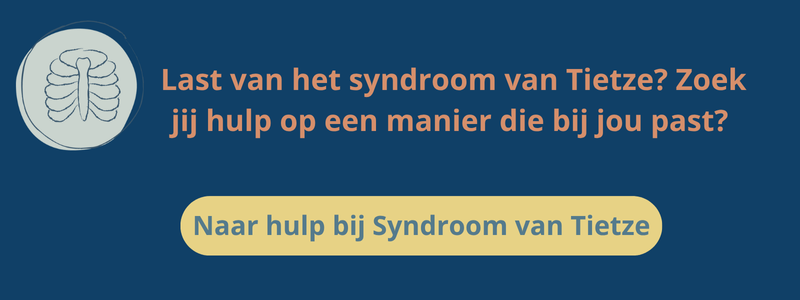
Bronnen en wetenschappelijke verdiepende literatuur: Tietze en alcohol
Rocco A, Compare D, Angrisani D, Sanduzzi Zamparelli M, Nardone G. Alcoholic disease: liver and beyond. World J Gastroenterol. 2014 Oct 28;20(40):14652-9. doi: 10.3748/wjg.v20.i40.14652. PMID: 25356028; PMCID: PMC4209531.
Engen PA, Green SJ, Voigt RM, Forsyth CB, Keshavarzian A. The Gastrointestinal Microbiome: Alcohol Effects on the Composition of Intestinal Microbiota. Alcohol Res. 2015;37(2):223-36. PMID: 26695747; PMCID: PMC4590619.
Yuan J, Chen C, Cui J, Lu J, Yan C, Wei X, Zhao X, Li N, Li S, Xue G, Cheng W, Li B, Li H, Lin W, Tian C, Zhao J, Han J, An D, Zhang Q, Wei H, Zheng M, Ma X, Li W, Chen X, Zhang Z, Zeng H, Ying S, Wu J, Yang R, Liu D. Fatty Liver Disease Caused by High-Alcohol-Producing Klebsiella pneumoniae. Cell Metab. 2019 Oct 1;30(4):675-688.e7. doi: 10.1016/j.cmet.2019.08.018. Epub 2019 Sep 19. Erratum in: Cell Metab. 2019 Dec 3;30(6):1172. doi: 10.1016/j.cmet.2019.11.006. PMID: 31543403.
Jew MH, Hsu CL. Alcohol, the gut microbiome, and liver disease. J Gastroenterol Hepatol. 2023 Aug;38(8):1205-1210. doi: 10.1111/jgh.16199. Epub 2023 Apr 25. PMID: 37096652; PMCID: PMC11272486.
Bishehsari F, Magno E, Swanson G, Desai V, Voigt RM, Forsyth CB, Keshavarzian A. Alcohol and Gut-Derived Inflammation. Alcohol Res. 2017;38(2):163-171. PMID: 28988571; PMCID: PMC5513683.
Caslin B, Mohler K, Thiagarajan S, Melamed E. Alcohol as friend or foe in autoimmune diseases: a role for gut microbiome? Gut Microbes. 2021 Jan-Dec;13(1):1916278. doi: 10.1080/19490976.2021.1916278. PMID: 34224314; PMCID: PMC8259720.
Hunt RH, Camilleri M, Crowe SE, El-Omar EM, Fox JG, Kuipers EJ, Malfertheiner P, McColl KE, Pritchard DM, Rugge M, Sonnenberg A, Sugano K, Tack J. The stomach in health and disease. Gut. 2015 Oct;64(10):1650-68. doi: 10.1136/gutjnl-2014-307595. Epub 2015 Sep 4. PMID: 26342014; PMCID: PMC4835810.
Kim YJ, Shin EJ, Kim NS, Lee YH, Nam EW. The Importance of Esophageal and Gastric Diseases as Causes of Chest Pain. Pediatr Gastroenterol Hepatol Nutr. 2015 Dec;18(4):261-7. doi: 10.5223/pghn.2015.18.4.261. Epub 2015 Dec 23. PMID: 26770901; PMCID: PMC4712539.
Oh RC, Johnson JD. Chest pain and costochondritis associated with vitamin d deficiency: a report of two cases. Case Rep Med. 2012;2012:375730. doi: 10.1155/2012/375730. Epub 2012 Jun 12. PMID: 22761623; PMCID: PMC3384935.
Boehme MW, Scherbaum WA, Pfeiffer EF. Tietze's syndrome--a chameleon under the thoracic abdominal pain syndrome. Klin Wochenschr. 1988 Nov 15;66(22):1142-5. doi: 10.1007/BF01727851. PMID: 3236763.
Mohammad S, Chandio B, Soomro AA, Lakho S, Ali Z, Ali Soomro Z, Shaukat F. Depression and Anxiety in Patients with Gastroesophageal Reflux Disorder With and Without Chest Pain. Cureus. 2019 Nov 8;11(11):e6103. doi: 10.7759/cureus.6103. Erratum in: Cureus. 2019 Dec 10;11(12):c25. doi: 10.7759/cureus.c25. PMID: 31763106; PMCID: PMC6858267.
Hoshikawa Y, Iwakiri K. Esophageal Motility Disorders: Diagnosis and Treatment Strategies. Digestion. 2024;105(1):11-17. doi: 10.1159/000533347. Epub 2023 Aug 25. PMID: 37634495.
Vaezi MF, Pandolfino JE, Yadlapati RH, Greer KB, Kavitt RT. ACG Clinical Guidelines: Diagnosis and Management of Achalasia. Am J Gastroenterol. 2020 Sep;115(9):1393-1411. doi: 10.14309/ajg.0000000000000731. PMID: 32773454; PMCID: PMC9896940.
Song A, Yu S, Shen Y, Guo Z, Shi J. Association of loneliness with the risk of pain in older Chinese adults. Sci Rep. 2025 Feb 4;15(1):4289. doi: 10.1038/s41598-025-87679-0. PMID: 39905051; PMCID: PMC11794656.
Khan M, Shah K, Gill SK, Gul N, J JK, Valladares V, Khan LA, Raza M. Dietary Habits and Their Impact on Gastroesophageal Reflux Disease (GERD). Cureus. 2024 Jul 27;16(7):e65552. doi: 10.7759/cureus.65552. PMID: 39192902; PMCID: PMC11347905.
Velho RV, Werner F, Mechsner S. Endo Belly: What Is It and Why Does It Happen?-A Narrative Review. J Clin Med. 2023 Nov 19;12(22):7176. doi: 10.3390/jcm12227176. PMID: 38002788; PMCID: PMC10671958.
Camilleri M, Chedid V, Ford AC, Haruma K, Horowitz M, Jones KL, Low PA, Park SY, Parkman HP, Stanghellini V. Gastroparesis. Nat Rev Dis Primers. 2018 Nov 1;4(1):41. doi: 10.1038/s41572-018-0038-z. PMID: 30385743.
Hammarström P, Rosendahl S, Gruber M, Nordin S. Somatic symptoms in burnout in a general adult population. J Psychosom Res. 2023 May;168:111217. doi: 10.1016/j.jpsychores.2023.111217. Epub 2023 Mar 8. PMID: 36921422.
Shaballout N, Aloumar A, Manuel J, May M, Beissner F. Lateralization and Bodily Patterns of Segmental Signs and Spontaneous Pain in Acute Visceral Disease: Observational Study. J Med Internet Res. 2021 Aug 27;23(8):e27247. doi: 10.2196/27247. PMID: 34448718; PMCID: PMC8459716.
Malfertheiner P, Camargo MC, El-Omar E, Liou JM, Peek R, Schulz C, Smith SI, Suerbaum S. Helicobacter pylori infection. Nat Rev Dis Primers. 2023 Apr 20;9(1):19. doi: 10.1038/s41572-023-00431-8. PMID: 37081005; PMCID: PMC11558793.
Biltz RG, Sawicki CM, Sheridan JF, Godbout JP. The neuroimmunology of social-stress-induced sensitization. Nat Immunol. 2022 Nov;23(11):1527-1535. doi: 10.1038/s41590-022-01321-z. Epub 2022 Nov 11. PMID: 36369271; PMCID: PMC10000282.
Boules M, Michael M, Chang J, Vrooman B, Kroh M, Rizk M. Not all abdominal pain is gastrointestinal. Cleve Clin J Med. 2016 Jan;83(1):29-35. doi: 10.3949/ccjm.83a.14082. PMID: 26760520.
Ikehira H, Kinjo M, Nagase Y, Aoki T, Ito H. Acute pan-costochondritis demonstrated by gallium scintigraphy. Br J Radiol. 1999 Feb;72(854):210-11. doi: 10.1259/bjr.72.854.10365077. PMID: 10365077.
Stalder T, Kirschbaum C, Heinze K, Steudte S, Foley P, Tietze A, Dettenborn L. Use of hair cortisol analysis to detect hypercortisolism during active drinking phases in alcohol-dependent individuals. Biol Psychol. 2010 Dec;85(3):357-60. doi: 10.1016/j.biopsycho.2010.08.005. Epub 2010 Aug 19. PMID: 20727937.
Kim MJ, Farrell J. Orthostatic Hypotension: A Practical Approach. Am Fam Physician. 2022 Jan 1;105(1):39-49. Erratum in: Am Fam Physician. 2022 Oct;106(4):365. PMID: 35029940.
Yang X, Gao LY, Qin S, Ma KH, Luo SX, Qin CC. Alcohol consumption may not affect the diameter of the coronary arteries in men with chest pain. J Int Med Res. 2020 Apr;48(4):300060520913781. doi: 10.1177/0300060520913781. PMID: 32316821; PMCID: PMC7177991.


